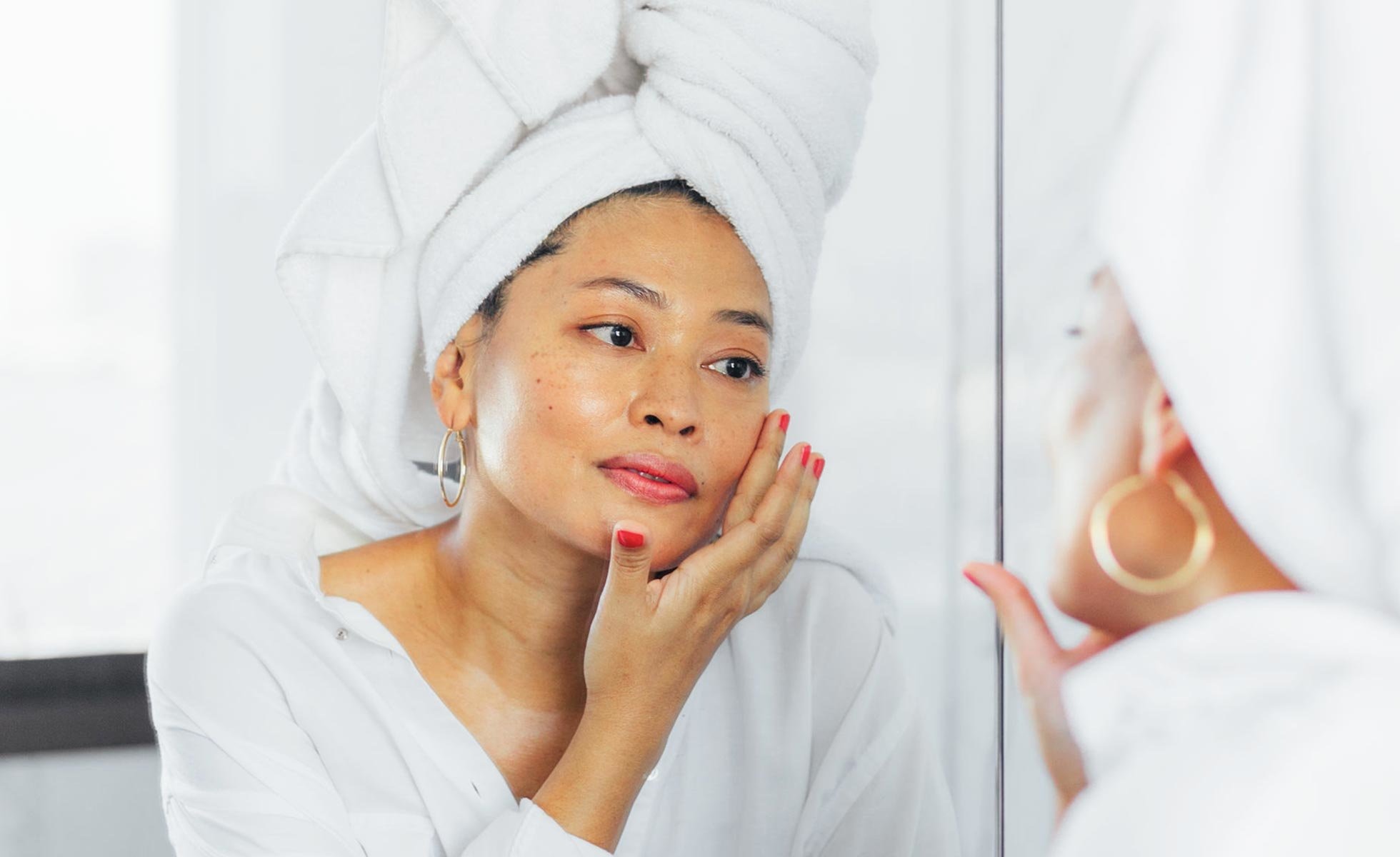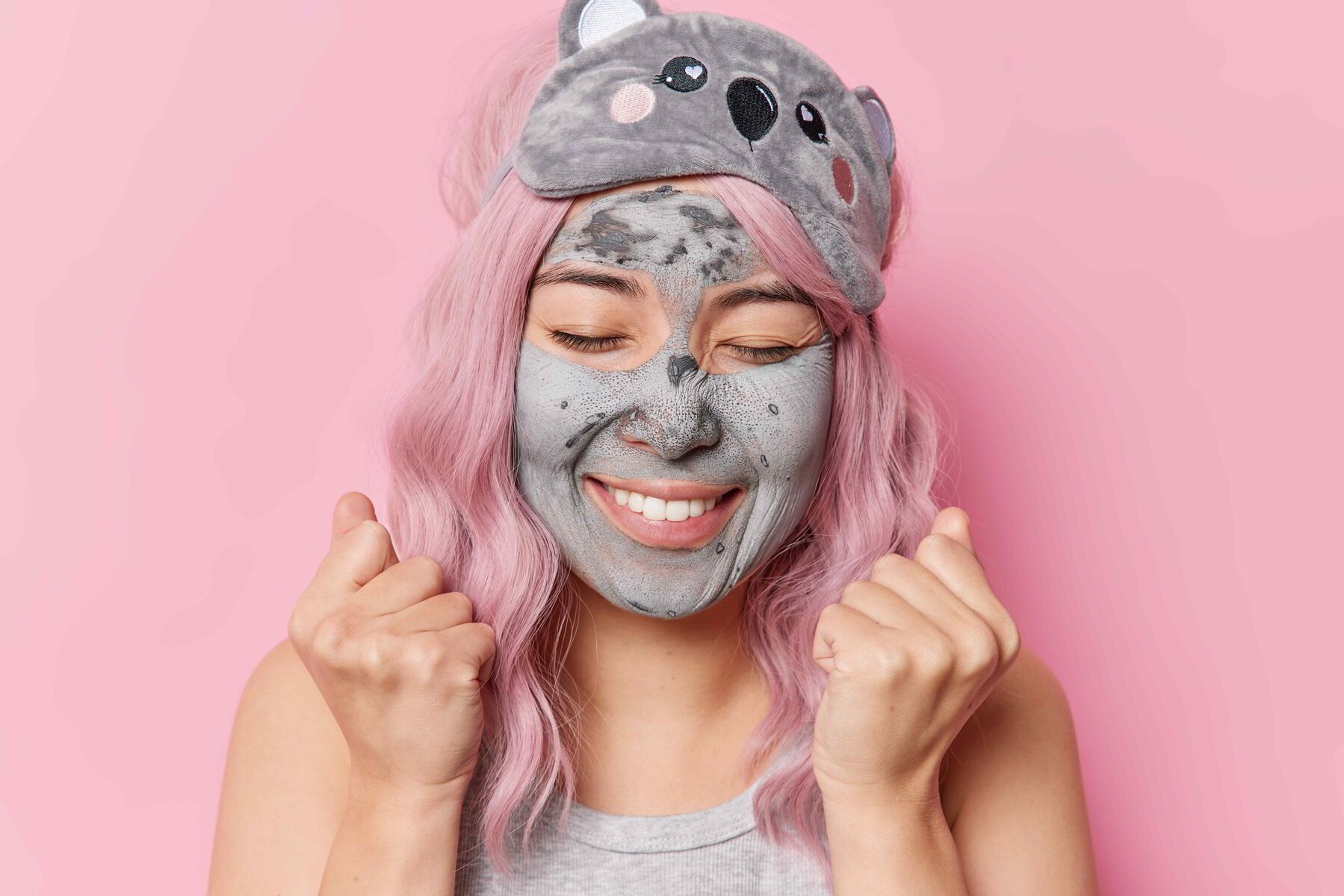Natural oils such as coconut oil, shea butter oil and olive oil have been used for skin and hair care for centuries. Generation after generation has promoted it for its various moisturizing, protective and antibacterial properties.
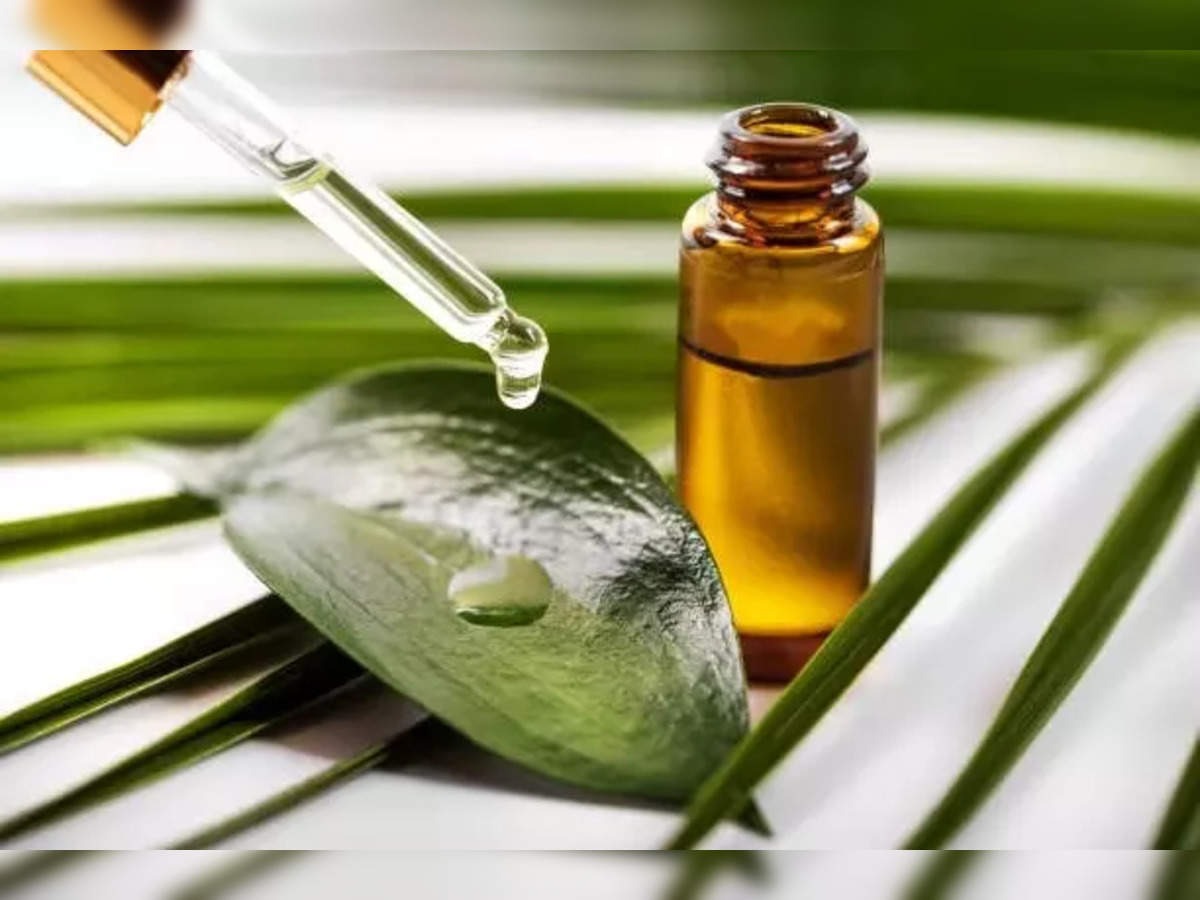
Despite the growth of the Moderna cosmetics and wellness industry,[1] these deceptively simple substances have often been overlooked. But they have reappeared in the last decade, as people strive to find additive-free, affordable and effective products.
RELATED: What is coconut oil and is it good for you?
But what oils should you use and how? What is the difference between them?
Keep reading to learn more about how natural oils can help you achieve radiant and healthy skin.
8 Ways to Avoid Neurodermatitis Outbreaks in the Summer
Is it safe to use coconut oil and other oils on the skin and hair?
The use of natural oils for skin and hair care has been around for centuries. The civilizations of Ancient Egypt, for example, tried their hand at its use, while the athletes of ancient Greece smeared olive oil on their skin, perhaps to make their skin appear more radiant during competitions.[2]
Rajani Katta, MD, a board-certified dermatologist and a volunteer member of the clinical faculty at Baylor College of Medicine and McGovern Medical School at the University of Texas Houston, says that we have “centuries of experience” proving that it is unusual for natural oils, including coconut oil, olive oil and sunflower seed oil, to cause allergic reactions.
“I think one of the reasons why natural oils have become important again is that there has been a search for moisturizers that A) do not cause allergic reactions, B) do not contain so many chemicals that cause allergic reactions, and c) are inexpensive, ” she says.
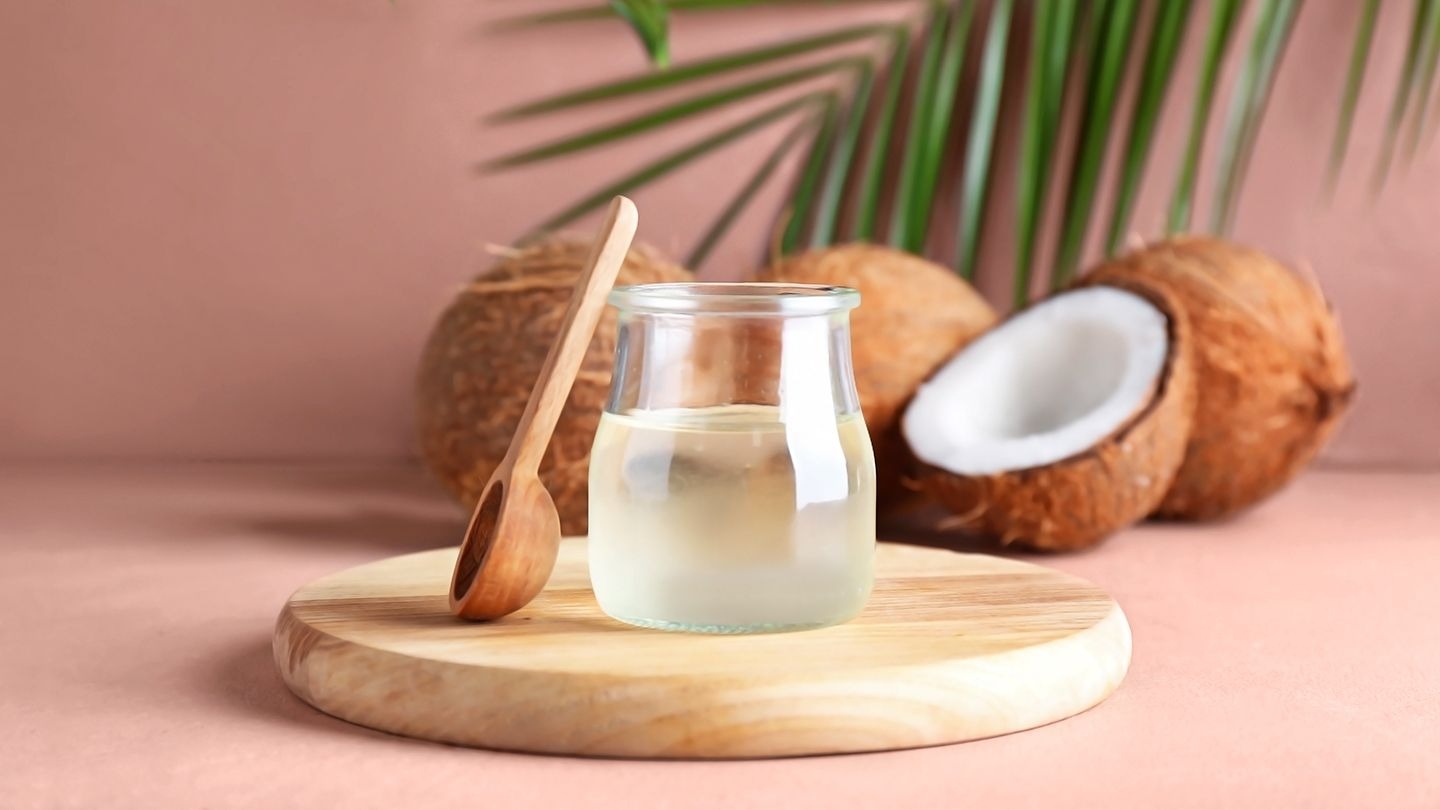
RELATED: 5 Ways Coconut Oil Can Save Your Skin and Hair
However, Dr. Katta advises to make sure that your regimen is suitable for your skin, especially for your face. For example, she says that if your skin is prone to acne, you should use natural oils just to moisturize your body, and talk to your dermatologist before applying new oils to your face. Your skin type, whether dry, oily, combination skin or sensitive, can play an important role in how skin care products can affect your skin.[3]
Another factor to consider before using natural oils is how quickly you want to expose yourself to the sun after applying them. “If you use them on your face, I would definitely be very careful,” Katta explains. “Since we are talking about oils, this is an enhanced effect of the application of radiation to the skin of the face.”
One way to avoid sun damage when using natural oils is to apply them differently at different times of the day. Consider applying a thin layer to the skin in the morning (it should be absorbed in about 15 minutes, says Katta). At night, when you are not exposed to the sun, do not hesitate to generously apply oil. You will know that you have applied too much if your skin does not absorb it, Katta points out.
RELATED: 5 Natural Remedies for Dry Skin
How to apply natural oils to the face and body
“When applying natural oils, you really need to distinguish between the face and the body,” says Katta. “I don’t usually recommend these types of oils for acne just because the oils could clog pores and make acne worse. But for the same person who has acne on his face, coconut oil would be an excellent moisturizer for your body.”
Figuring out how much oil suits your needs may take a little trial and error. While there is no research on how much oil should be used as a moisturizer, your skin will tell you when enough is enough. If it feels too greasy, it means that not everything has been absorbed.
Cooking oils versus unrefined oils: Is there a difference?
Many people have olive oil, coconut oil or sunflower seed oil in their kitchen cupboard. But can the same oils with which you cook be applied to the face?
Not always, says Katta. For example, you can use coconut oil both for cooking and for beauty (if you cook with it, remember that it has a high content of saturated fatty acids), but you can use a different type of coconut oil in each scenario.
“The type of coconut oil you usually cook with is refined and has a higher smoke point [than unrefined coconut oil], so it’s a little better for cooking at higher temperatures, but to refine it, you could remove some of the chemicals that may actually have beneficial properties,” she says. For this reason, Katta recommends organic, unrefined, cold-pressed, extra virgin oils for hair and skin care instead of more refined products.
How to use essential oils for beauty purposes
Essential oils are concentrated plant extracts obtained by mechanical pressing or distillation, preserving the natural smell and taste of their source.[4]
Oils like tea tree, argan and lemon oil are more likely to trigger allergic reactions than olive and coconut oil, says Katta. “Tea tree oil has earned the reputation of being an excellent antibacterial and antifungal ingredient. It has these characteristics, but you really have to use it very carefully, “says Katta.
RELATED: Can essential oils help eczema or atopic dermatitis?
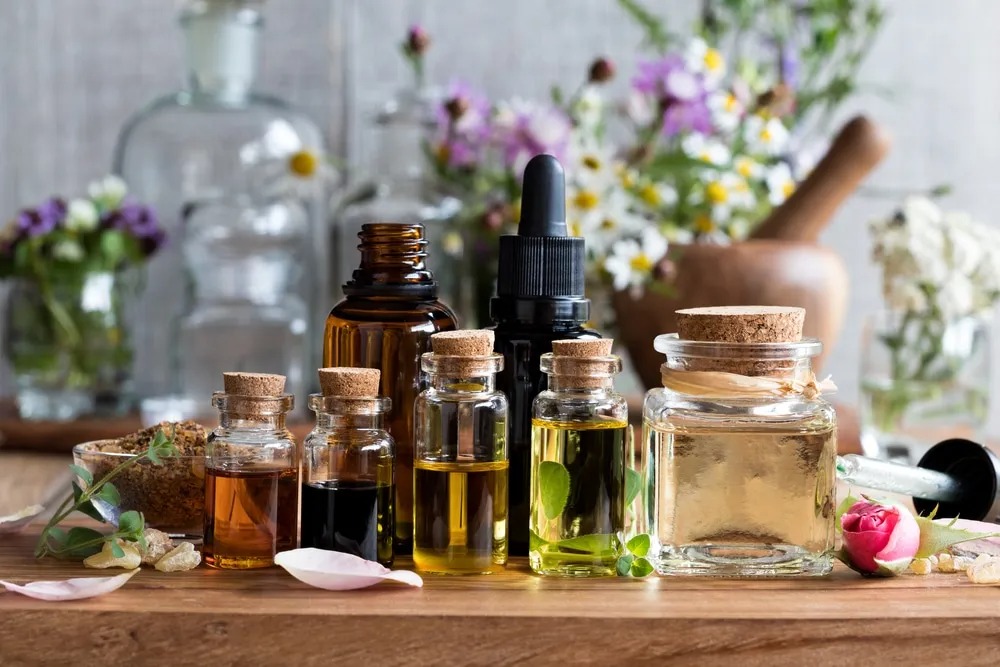
She warns that in some cases the effects of tea tree oil on the skin could be dangerous. “I would never use it on open skin, because I have seen people develop allergic reactions when applying it to skin cracks of eczema, for example.”
While Katta would not recommend people with very sensitive skin to use essential oils on their skin, she says it should be safe for most people to use them as long as they are applied properly. For example, a carrier oil serves as a neutral base for an essential oil to dilute it before application or cooking.[5]


